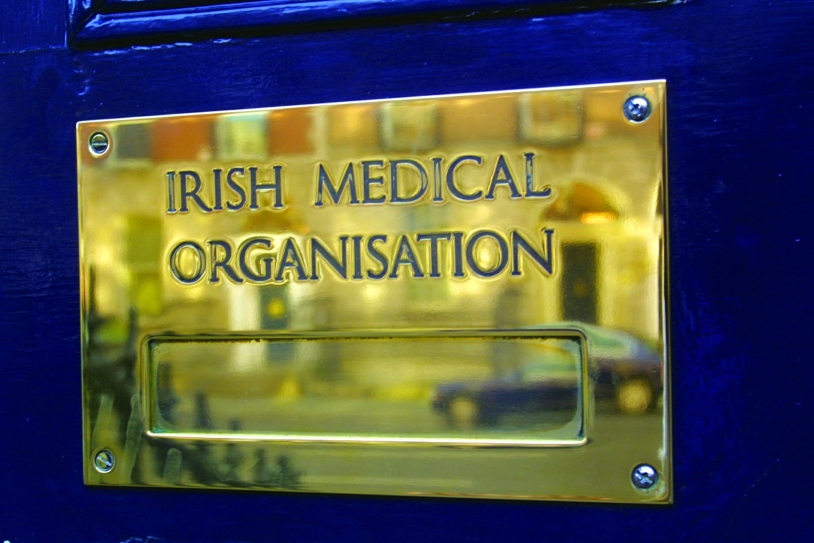A significant shortage of clinical geneticists and a lack of service funding is causing long waiting lists and leading to negative patient outcomes, a new report has warned.
Just four clinical genetic specialists work in the health service nationally, three of whom are over the age of 55. This is against a backdrop of demand for at least 15 consultants, the report has revealed.
Yet, despite the considerable need for more doctors, currently the scheme can only guarantee to advertise one training post every four years.
As 80 per cent of rare diseases are genetic, patients with rare diseases are most affected by inadequate services.
Poor investment here is seen as a barrier to new recruits, “as the staffing levels and poor development of diagnostic laboratories are a deterrent”, according to the report.
Entitled Review of the Clinical Genetics Medical Workforce in Ireland 2019, the report outlines how the workforce deficit, lack of funding and poorly structured service are having an adverse effect on patients.
Produced by the HSE National Doctors Training and Planning Division, the report highlights how the paucity of services is impacting patients.
Irish patients are without access to genetic counselling and are faced with waiting times of between 15 and 18 months for priority cases and over two years for routine referrals.
“A clinical risk assessment associated with the waiting list is currently being performed and a number of serious adverse outcomes have been noted,” the report states.
“Inadequate staffing levels and long waiting times are perceived as precluding referrals to the service.”
The service has 3,930 referrals per year, however, not all referrals require attendances.
“There is a lack of a co-ordinated genetic testing service in Ireland, due to funding issues.
“A fully functioning national service cannot be accommodated. This has led to poor practice in terms of testing requests and also poor quality foreign laboratories handling Irish samples.
“As the clinical genetics service is housed in a paediatric hospital, it has been difficult to fully support adult patients who comprise 60 per cent of all referrals.”
Due to improvements in genomics, the number of genetic tests ordered by doctors is increasing but not all referrals for interpretation of genetic test reports can be accommodated.
The report raises concern about clinical genetics support in foetal medicine, where antenatal Comparative Genomic Hybridisation (CGH) array is being offered without any clinical genetics support because of a lack of capacity.
“Antenatal exome testing is available internationally and will require planning in Ireland. The shortage of consultant clinical geneticists has meant these investigations are being introduced without support from the current service which is a concern.
“It is critical that parents get impartial expert advice on complex genetic test reports. This is particularly important as some couples will opt to terminate the pregnancy and it is critical that prior to a couple making this decision, that they have had access to accurate information regarding the likely significance of the genetic test result on the health of the foetus. Currently parents are being directed to services in the UK.”













Leave a Reply
You must be logged in to post a comment.